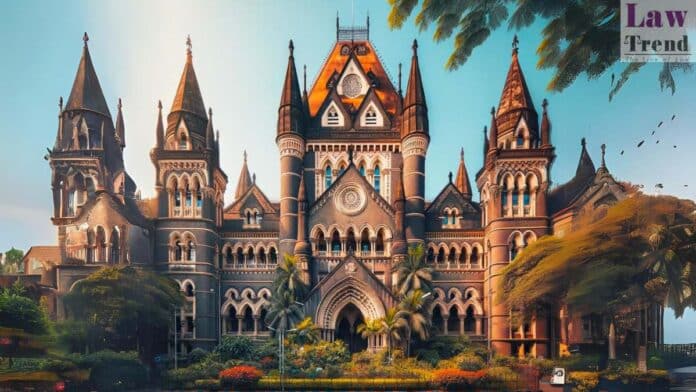In a decisive judgment last Friday, Justice AS Chandurkar of the Bombay High Court ruled that the 2023 amendment to the IT Rules, which introduced a Fact Checking Unit to scrutinize news about the government, is unconstitutional. Justice Chandurkar’s detailed 99-page opinion addressed multiple violations of constitutional provisions and raised significant concerns.
The ruling emphasized that freedom of speech does not encompass a “right to the truth,” asserting that it is not the state’s role to filter information to ensure its authenticity. Rule 3(1)(b)(v) was found to infringe upon free speech by imposing unconstitutional restrictions.
The court highlighted a discriminatory practice where digital media are subject to scrutiny under the challenged rule, unlike their print counterparts. This distinction lacks a rational basis, violating the right to practice any profession or trade under Article 19(1)(g) of the Constitution.
Justice Chandurkar pointed out that the Fact Checking Units, by evaluating information concerning the government, effectively allow the government to judge its own case. This dual role fails to provide a fair mechanism for challenging such decisions, infringing on the right to equality.
The amended rule introduces two distinct categories: one dealing with misinformation about non-governmental issues, which aims to educate users, and another concerning government-related misinformation, focusing on content censorship. This separation creates an uneven regulatory environment.
The impugned rule was criticized for lacking clarity on what constitutes “fake, false, or misleading” information, rendering it vague and overly broad. Such ambiguity makes it susceptible to being struck down.
The court observed that the rule introduces legal provisions that extend beyond the original scope of the IT Act, 2000, particularly violating Sections 69A and 79. This overreach, coupled with unconstitutional restrictions, led to the ruling that the amendment was unjust.




